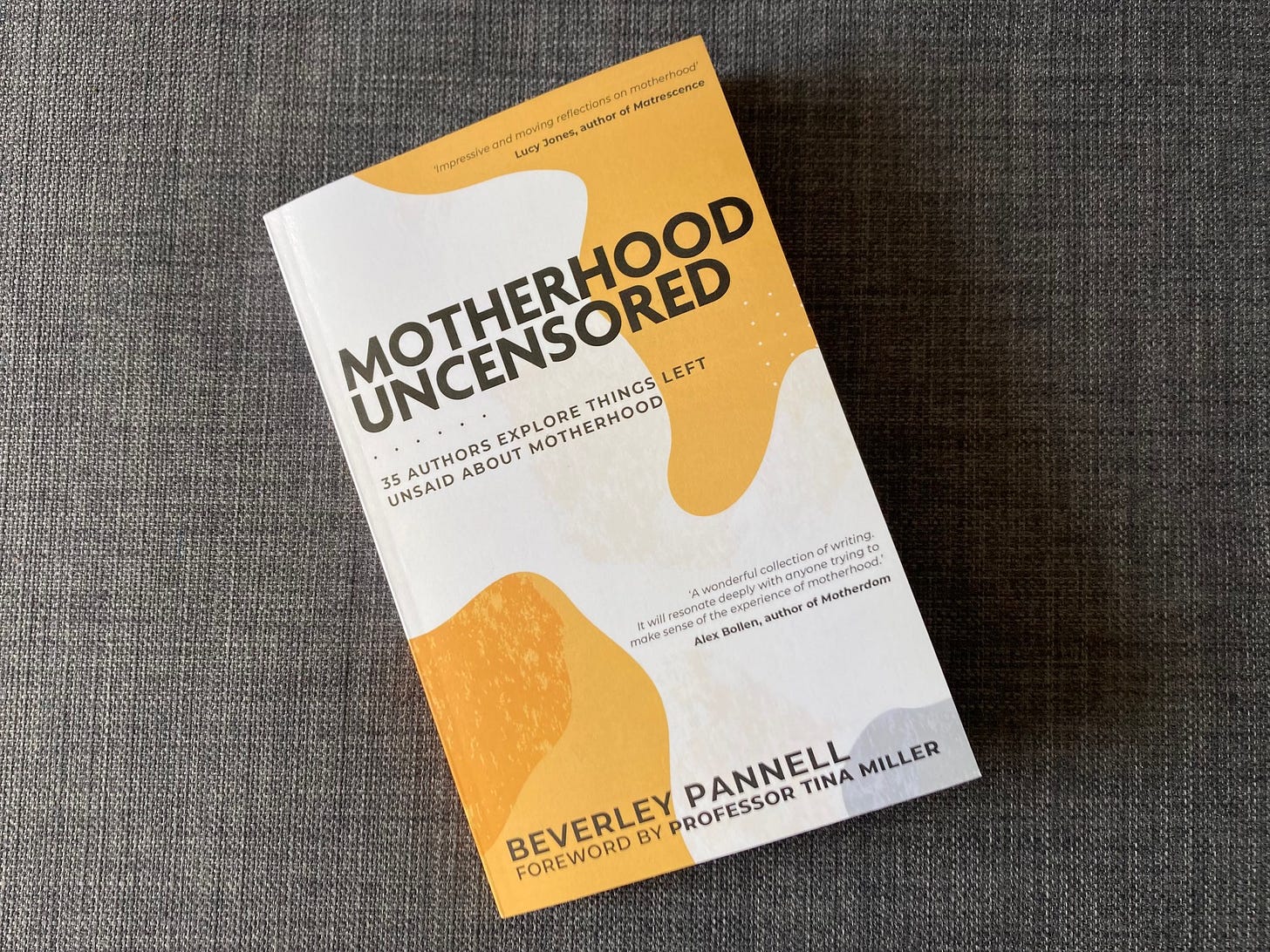I don’t think I’ve ever been so aware of the daily burst of spring. The trees we overlook seem to be bigger, brighter, greener every single day. The nature of the balcony (small and stuffed) means that I am living up close and personal with our clematis in a way that I have never been before. Each time we meet, the plant’s tendrils seem to have stretched a little further, wound a new leaf around a stem or trellis. I am trying to walk a line between wildness and intervention; letting strands entangle where they will, but also persuading it to grow along the railings in line with my vision. I am wondering about what this says about my desire for control. I am also wondering whether I want to look under that rock…
All this is to say, I have been thinking about proximity; specifically, the need for more of it. If part of the disorder in today’s world is greater division and disconnection, then moving towards each other and circumstances seems to be part of the remedy. Last year, I had the chance to be part of a project looking at people’s levels of hope and concern for themselves, their local communities and the wider world. For The Global Hope Report, Australians were asked about their perceptions of the state of the world, how optimistic they were about it and what seemed to help. Only around half of people were hopeful about their future – and they were even less hopeful about the future of their communities, their country and the world. The greater the distance, the less the hope. The things that helped were rooted in forging connections. This was a call to greater proximity.
Working on that project had an impact on me, and months later I’m still mulling and learning how to be intentional in closing the gaps. A few of the inexpert ways I have been exploring….
Diversifying my fiction
I love a fantasy novel, but I realised that almost all of the books I read were influenced by European mythology and culture. This shapes the world-building from food (elves and dwarves seem to primarily eat roast dinners) to landscapes (mountains, fields) to the underpinning narratives (drawing from Norse mythology, French fairytales like Beauty and the Beast…). On holiday recently, I binged my way through one of Saara El-Arifi’s fantasy trilogies, which draws on West African and Arabic influences. This manifests in the landscapes (inspired by the Abu Dhabi desert) and the meals (plantain and groundnut soup). This pushed me to read about the stories of Anansi, the trickster God.
I borrow the majority of the novels I read from the library app1 and an unintended upside of this is that I’ve been able to easily track the books I’ve been reading. Awareness often being a starting point, this has helped me to be more informed in engaging with a range of voices. As Saara El-Arifi says in this piece about the inspiration behind one of her books:
Multiculturism is magic, and it’s time we wielded it.
Sharing meals
Through some local connections, we were invited to an Iftar meal hosted by the Dialogue Society, which seek to connect communities. It was a lovely evening of sharing food and meeting new people. One of the Dialogue Society’s projects, Open Doors, looks to connect longer-term and newer UK residents. I signed up – and promptly received another invitation to dinner. Another opportunity to break fast with a local family, share in their generosity and open up each other’s lives.
Saying the unsaid
I was really humbled to have an essay published in a book last month. It’s a collection of entries to the Motherhood Uncensored competition, which sought to create space for the things left unsaid about motherhood. I came back from holiday to my copy of the book2, and am gradually reading through and finding stories that are curious, strange (in a good way), hopeful. Where silence isolates, putting voice to experiences has a power. As Professor Tina Miller put it in her foreword to the book:
Dear reader, prepare, for it is not an easy ride, but then fertility experiences and motherhood at their most granular level rarely are: but they deserve to be heard and seen and felt and held. We can do this collectively, witnessing, normalising and celebrating each brave contribution, whilst make a mental note to metaphorically wrap our arms around all women and mothers, for we never know what they may be going through.
Perhaps this, then, is what living in proximity means: a willingness to move closer, even when you don’t know what you’ll find.
Libraries = free books at your fingertips. I am a fan. I also recently realised that I was disproportionately reluctant to pay the £1.30 fee to reserve a paper copy of books from the library, and that this was ridiculous because 1) it’s still a comparatively very cheap way to get hold of books; and 2) what does this say about how many things I expect to get for free?
I was delighted for my essay to be long-listed and then to be amongst the most popular entries. Some of you voted for it: thank you.





